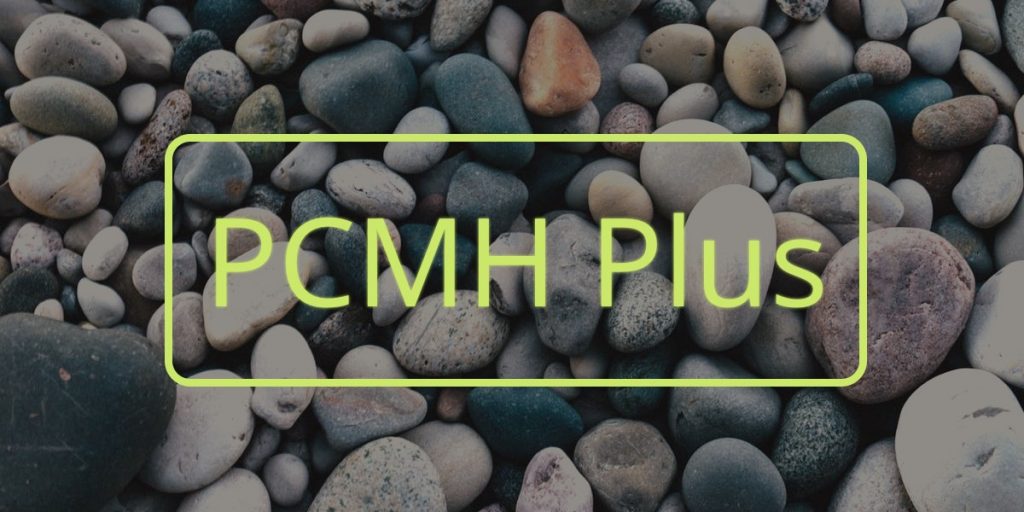Good and bad Medicaid PCMH, PCMH Plus updates

At today’s MAPOC Care Management Committee, we learned that Medicaid’s successful Patient-Centered Medical Home (PCMH) program is growing and keeping up with higher enrollment due to COVID. In disappointing news, we also learned that the controversial PCMH Plus program has fewer care managers than expected and only 36% of ACO member advisory committees have any member participation.
Last month 15 more sites and 48 more primary care providers joined HUSKY’s PCMH program, according to the state’s presentation. While Connecticut Medicaid rolls have grown by over 90,000 in the last year, PCMH participation has kept up. Two thirds of Medicaid members are cared for in a PCMH. Most of the growth in PCMHs has been in private practices and healthcare systems. Community health clinic PCMH numbers have plateaued. The state is continuing to recruit more PCMHs into the program.
PCMHs are primary care practices that coordinate care for patients, offer expanded hours, and address population health needs. PCMHs are certified by independent accrediting bodies and are paid higher Medicaid rates to compensate for the higher level of care they provide. There is strong evidence that PCMHs improve access to care, raise quality, lower overall costs of care, and improve both member and provider satisfaction rates.
Unfortunately, Mercer’s update on PCMH Plus did not bring good news. PCMH Plus is DSS’s program to pay Accountable Care Organizations (ACOs, large health systems) upfront grants to build care coordination resources and, in addition, return half the savings generated from the state’s investment back to the ACOs. The evaluation of PCMH Plus included only self-reported, process metrics such as screenings, contacts, and discussions with members. The numbers included no comparisons to the successful PCMH (no Plus) program. Despite the generosity of the program to ACOs, there are only 123 care coordinators among all the ACOs — one for every 1,533 members. In addition to funding to hire care coordinators, ACOs have access to Intensive Care Managers at CHNCT, the Medicaid medical administrator, and also receive half the savings they generate.
Under PCMH Plus, ACOs are required to have member advisory committees to help guide the program. This is a best practice from successful Medicaid shared savings in other states to ensure the programs improve care while generating savings. However, 64% of ACO member advisory committee board meetings included no Medicaid members. Mercer and DSS planned to reach out to the ACOs to ask if they should hire more care coordinators and how to get more consumers engaged. However, advocates urged DSS to require ACOs to hire more care coordinators and to survey members directly, not rely on the ACOs, to see why members have stopped participating in ACO meetings.

